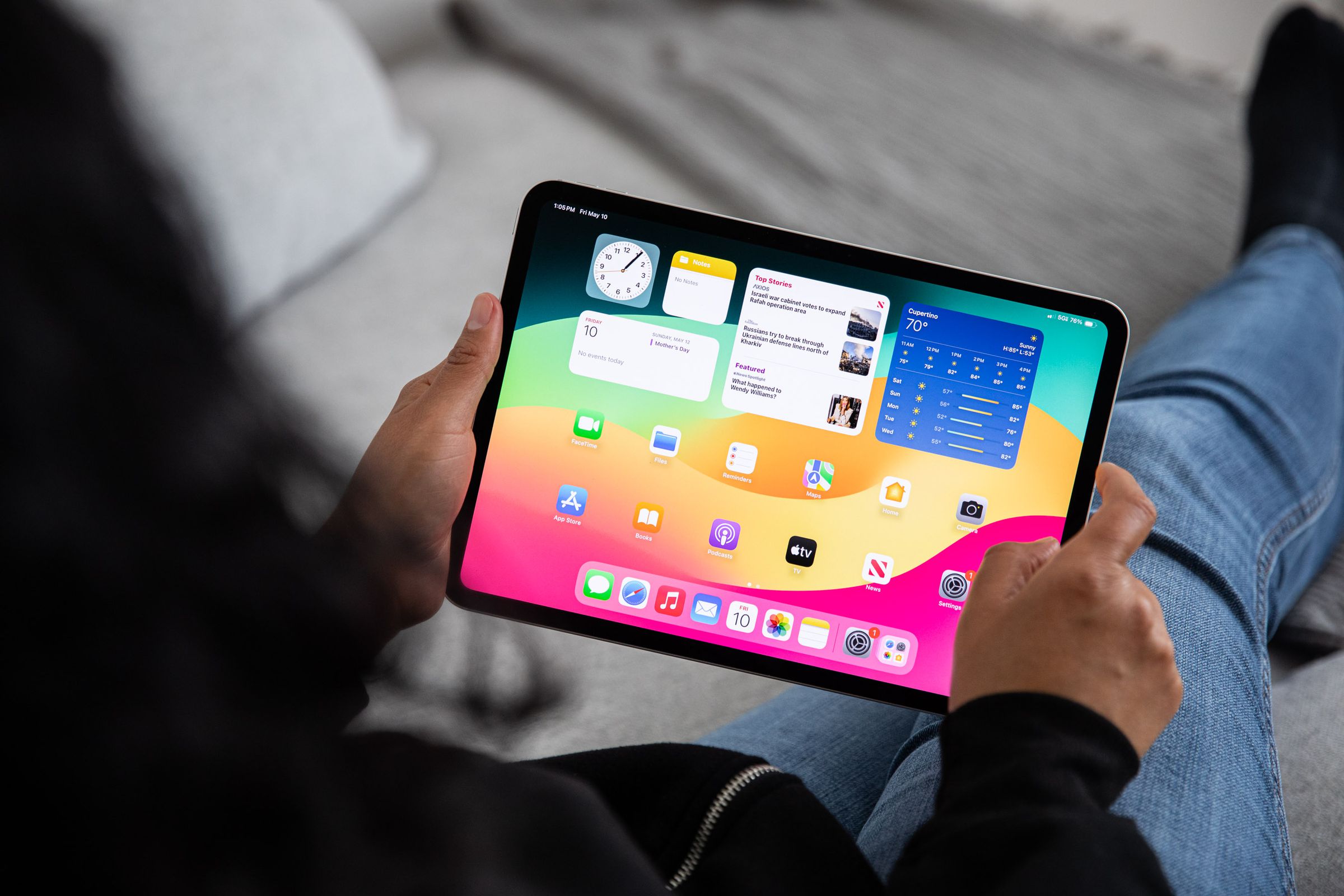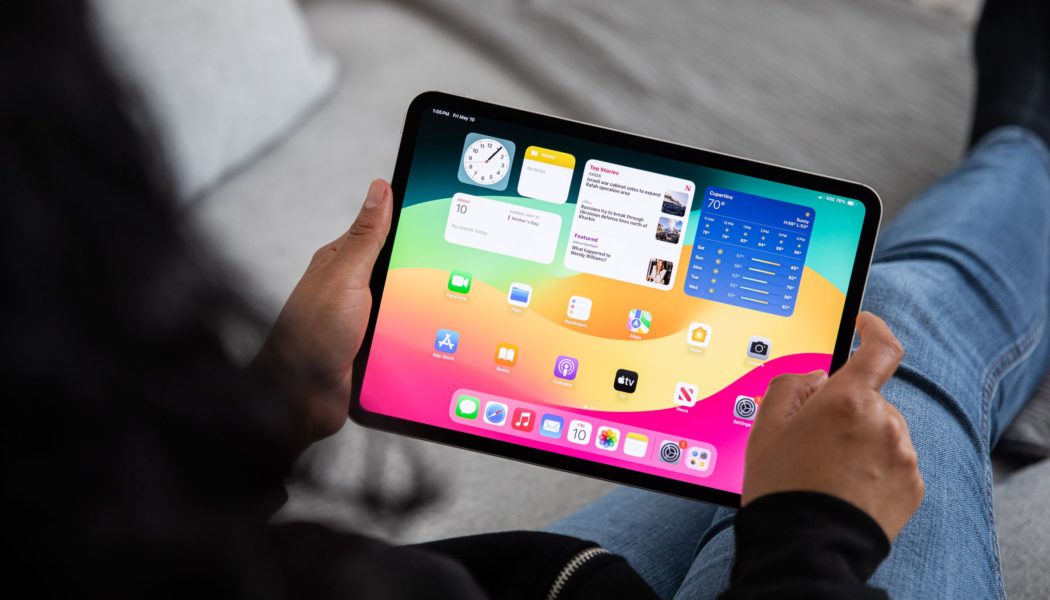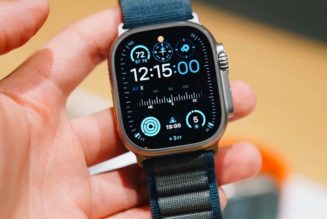Apple’s services business was a strong performer as always, while iPhone and wearable sales were flat ahead of new models this fall.
Share this story
See our ethics statement.

Apple announced its latest iPad Pro and iPad Air tablets a few months ago, and after several quarters of soft sales, the new products led to a significant boost for the company’s iPad division. Combined with strong performance in services and Mac, Apple posted quarterly revenue of $85.8 billion, up 5 percent from the year-ago quarter. iPhone and wearables revenue was relatively flat as consumers await a new wave of products soon.
By the time Apple reports its next earnings, the company will have introduced the iPhone 16, iPhone 16 Plus, iPhone 16 Pro, and iPhone 16 Pro Max. Among other improvements, the Pro models will have slightly larger displays, while the standard iPhones will pick up the Action Button that debuted last year. Those devices are expected to arrive in September along with new AirPods earbuds and refreshed Apple Watch hardware. Apple is also rumored to be working on spec bumps for its MacBook Pro and Mac mini, which are both likely to be upgraded with the M4 chip sometime this fall.
On the software side, the company is in the midst of public betas for its forthcoming iOS 18, iPadOS 18, tvOS 18, macOS Sequoia, and watchOS 11 releases. For the iPhone, iPad, and Mac, these updates will mark Apple’s big entrance into generative AI features, which will include some integrations with OpenAI’s ChatGPT. The company is planning to roll out this Apple Intelligence suite of software capabilities with iOS 18.1.
“What we’ve done is we’ve redeployed a lot of people on to AI that were working on other things,” Apple CEO Tim Cook told CNBC. “Certainly embedded in our results this quarter is an increase year over year in the amount we’re spending for AI and Apple Intelligence.”
Elsewhere, Apple is facing a high-profile antitrust case from the Justice Department — a courtroom showdown that the company is trying to have dismissed — and is still in the early months of loosening its grip on the App Store by allowing third-party alternatives (in the EU) and letting emulators into the store (everywhere) for the first time.









